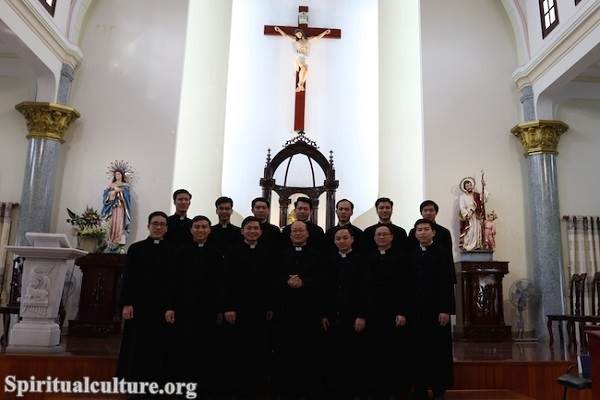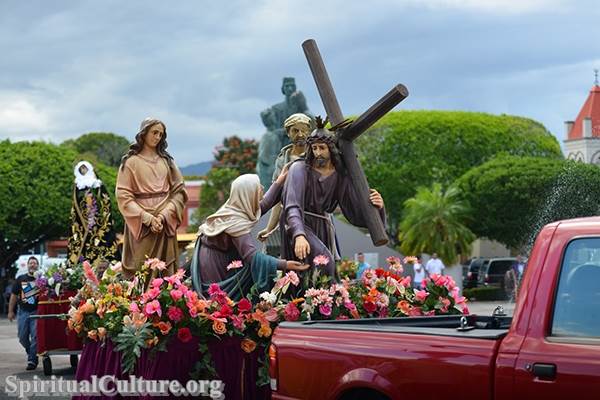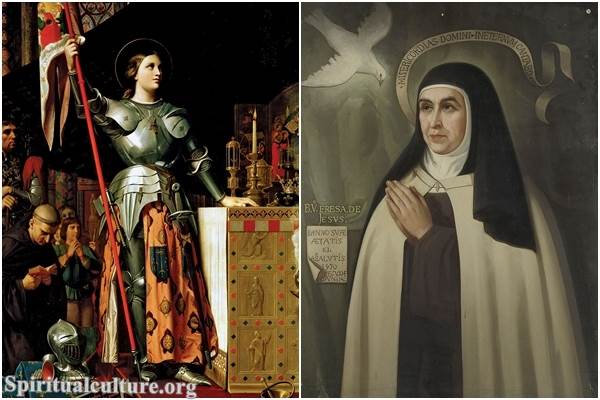Saint Francis of Assisi was born into a wealthy family in Assisi, Italy. Saint Francis forsook his worldly possessions and dedicated his life to serving the poor and the sick, creating a profound impact on the Catholic Church that reverberates to this day.
Born in 1181 or 1182, Francis was the son of a rich cloth merchant. Despite his privileged upbringing, he felt a deep spiritual calling from an early age. Following a series of life-changing events, including a stint as a soldier and a subsequent illness, Francis underwent a spiritual conversion. This transformation led him to embrace a life of poverty, living in solidarity with the marginalized and the outcasts of society.
Embracing Catholicism
Francis’ deep connection to Catholicism was evident in his commitment to living out the Gospel in its purest form. He sought to imitate Jesus Christ in every aspect of his life, adhering to a strict vow of poverty, chastity, and obedience. His radical interpretation of the Gospel challenged the prevailing norms of his time, making him a controversial figure within the Church.
Francis’ devotion to Catholicism was also reflected in his reverence for the Eucharist and his deep love for the Virgin Mary. He was known to spend hours in prayer, often withdrawing to secluded places to commune with God. His spiritual intensity and uncompromising devotion to the Catholic faith set him apart as a unique figure in the Church’s history.
The Order of Friars Minor
In 1209, Francis founded the Order of Friars Minor, commonly known as the Franciscans. This religious order was based on the principles of poverty, humility, and love for all creation, reflecting Francis’ own spiritual values. The Franciscan order was unique in its emphasis on living among the people, serving the poor, and embracing a life of simplicity. In contrast to the monastic orders of his day, which were often secluded from society, Francis and his followers lived and worked among the people, reflecting the Catholic Church’s mission to serve the world.
St Francis Assisi and his Love for Creation
St Francis Assisi is often remembered for his profound love for nature and all living creatures. He believed that all of creation was a reflection of God’s beauty and goodness, and thus, deserved respect and care. This deep sense of kinship with creation led him to compose the “Canticle of the Sun,” a prayer that praises God through the elements of nature. Today, Francis is recognized as the patron saint of ecology within the Catholic Church, underscoring his enduring legacy as a champion of the environment.
Legacy and Canonization
Francis passed away on October 3, 1226, leaving behind a powerful legacy of faith, humility, and service. In recognition of his extraordinary life, he was canonized as a saint by Pope Gregory IX in 1228. Today, Saint Francis of Assisi remains a beloved figure in the Catholic Church, inspiring millions with his radical commitment to the Gospel.
In conclusion, Saint Francis of Assisi embodies the essence of Catholicism in his unwavering devotion to the Gospel, his commitment to serving the poor, and his profound love for all of creation. His life serves as a reminder of the transformative power of faith and the call to live out the Gospel in our daily lives. As we reflect on the life of St Francis Assisi, let us be inspired to live with greater humility, compassion, and reverence for all of God’s creation.





